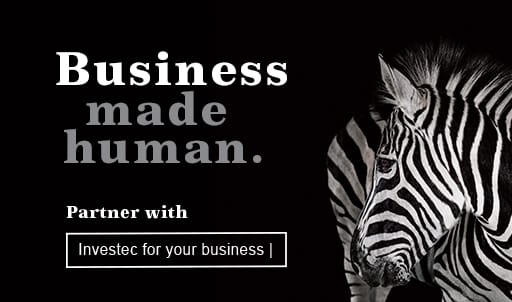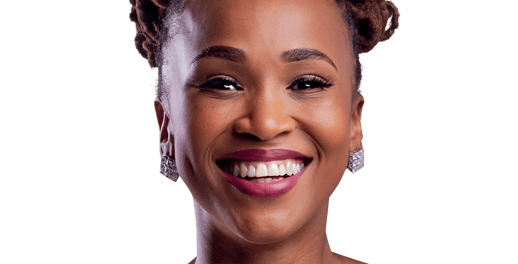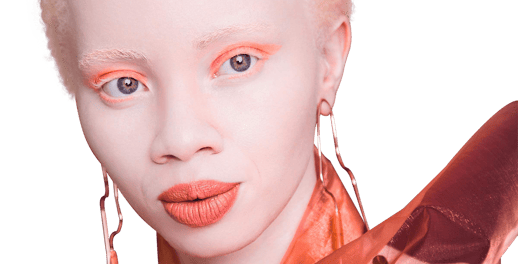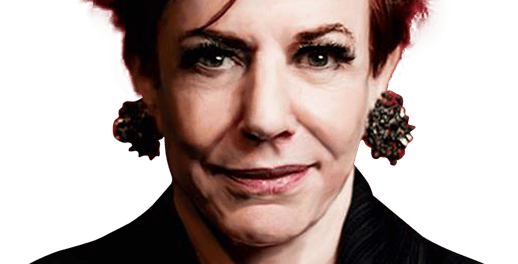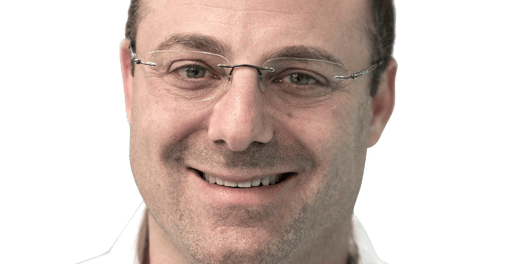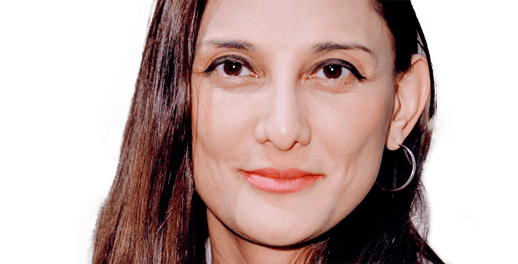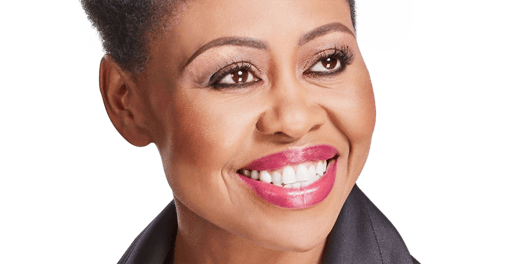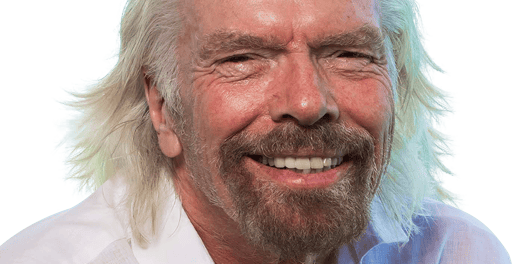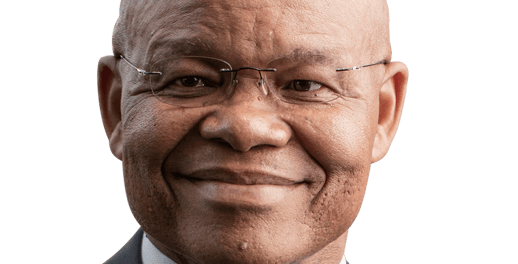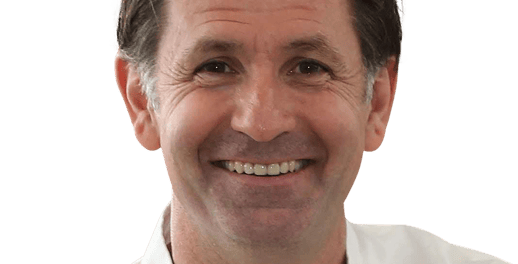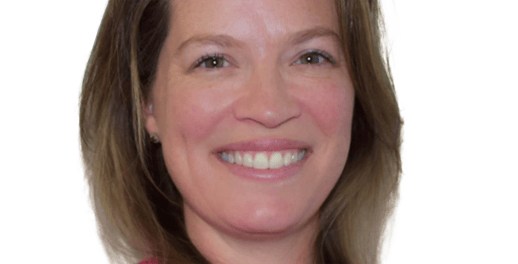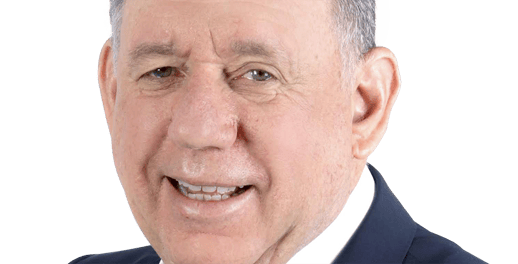Panel 2: Sir Richard Branson, Fani Titi, Kim Reid and Emma Wade-Smith OBE, with Redi Tlhabi moderating.
On why business is an adventure and why being optimistic is important
FT: At Investec, by definition, we bring a mindset that there is opportunity even in difficult times. We need to find ways that we can manage the risks and back the opportunities we find.
RB: I was born an optimist. You need a bit of the gift of the gab to push things through and make your own optimism.
On the challenges of Africa as an investment destination.
EWS: Doing business in Africa is no different to doing business anywhere else in the world. They say doing trade in Africa is not for sissies. But the fact is, doing business anywhere is not for sissies. It’s about being brave and courageous and following your passion.
What I see everywhere I go is this opportunity for bringing British innovation and entrepreneurship together with African innovation and entrepreneurship. And the combination of that is fabulous to see.
EWS: Too many people are not aware of the reality of Africa today. The history – the headlines – are enduring in people’s minds. And once you start talking about the reality of Africa and the opportunities we see across every sector in pretty much every country on the continent, then you start to get people very excited.
On when to introduce change in your business
FT: You have to take into account that standing still is not an option in today’s disruptive world. You have to embrace risk and different opinions.
FT: Wisdom is not the preserve of the leadership of a business. We rely heavily on all the people in the business.
RB: The worst leaders are leaders who are always talking and not listening.
This year is the 50th anniversary of Virgin and we’ve got over 20 completely different companies in different sectors. If we’d stayed as a record company, we would have been finished by now.
Sometimes you’ve just got to look for opportunities and jump in where you think you can improve things.
On artificial intelligence
KR: I think AI is going to change business and the world. When you look at the efficiencies that you can get out of AI, businesses who aren’t going to adopt AI in the short to medium term will struggle in the longer term to be competitive.
I’m not being a futurist, I’m being a pragmatist now. Businesses need to get a grip on data and figure out how to accumulate the data. Businesses with more data will fare better because that data fuels machine learning and AI algorithms.
RB: We do need to deal with the effects of AI on people. I think people will benefit from AI in health, education, safety in cars, but there is the danger that it’s going to cost jobs.
Companies and governments have got to start thinking about if AI comes in, how are we going to make sure people are employed? People most likely, if you go forward 20 years, they’re going to need to get better at looking after their own leisure time. Companies are going to have to pay them the same as they would for a five-day working week on maybe a three-day working week.
We are going to have to make sure that people have the ability to enjoy the fact that they are going to have 3-4 days holiday a week.
You could argue that new jobs will be created in other areas. But I don’t think there’s going to be enough new areas [for job creation].
What must South Africa do to do business differently?
EWS: It really is about embracing the future and technology. With the best will in the world we are never going to be able to build the thousands of schools and medical clinics and train the hundreds of thousands of nurses, doctors and teachers that we need to be able to provide lifelong learning and skills for our workforces. So we need to embrace the technology that will enable us to be able to face the future and find meaningful jobs.
The power of the human connection
FT: What we do as a business is not unique, we don’t produce products or widgets, so what makes the difference for us is how we do what we do and the experience that we give to our clients and the level of trust and partnership that we can bring.
If you’re dealing with issues of money or investment, you need more than just data.
Our view is that the choice between human connection on one hand and technology or data on the other is a false choice. We believe we can be high touch and high tech. Through the human connection we can do more for our clients.
We do invest heavily in technology, but our aim is to use tech to innovate and improve the relationship that we have with clients. Use technology to empower the human to better serve our clients.
On education
KR: Technology is coming whether we like it or not there’s going to be AI, machine learning, things are going to change. So, if I was in government in South Africa, I would be looking at education with a focus on Maths and Science.
Put education close to the youth. Put great schools in townships. There are two simple things: focus entirely on education and transport.
RB: You have to draw a circle around your business and make sure that the schools and the clinics – all aspects within that circle – you care for. It’s not just relying on government to do these things. And then circles will start overlapping and neighbouring businesses can work together to lift up the local community. And ultimately if you can lift peoples’ standards, they’re likely to use your products more.
Governments are not perfect anywhere in the world and business has really got to step in.
EWS: How do we reimagine education? The future of education is our living rooms, our kitchens, it’s our co-working spaces, because we need to use technology to keep learning.
Sitting in front of a whiteboard or blackboard is education today and it’s not working for us. So, thinking about how you do education out of the ordinary, is about how you beam education into everybody’s homes and everybody’s offices. So, for me, the first step is to invest in the telecoms and bring in 5G, globally. Because that to me is at the heart of how we provide a skilled population to the world that we are creating.
RB: I would have left school at 14 if maths had been the number one thing at school. There’s 10% of the population who are cut out for maths and science and they should have the best maths and science education there is. But for the vast majority of kids at school – Emma, you used the words reimagining education, I couldn’t agree with you more – we need to try to make school a place that people enjoy, where they learn about the real things that are going on in life, and where you can bring out the individual kids’ passions. If that is maths and science, that’s great. But for the other 90% we should be allowed to do to other things.
FT: Having taught maths at university, I agree that we complicate studying a lot. We’ve got to make technology more accessible and use the power of technology to connect people.
KR: I think everyone can learn maths and science, I think it’s about the quality of the teachers.
RB: It depends on what you’re going to do with your life. I didn’t know the difference between net and gross until I was 50 years old, I’m dyslexic, and yet we managed to build quite a big group of companies.
